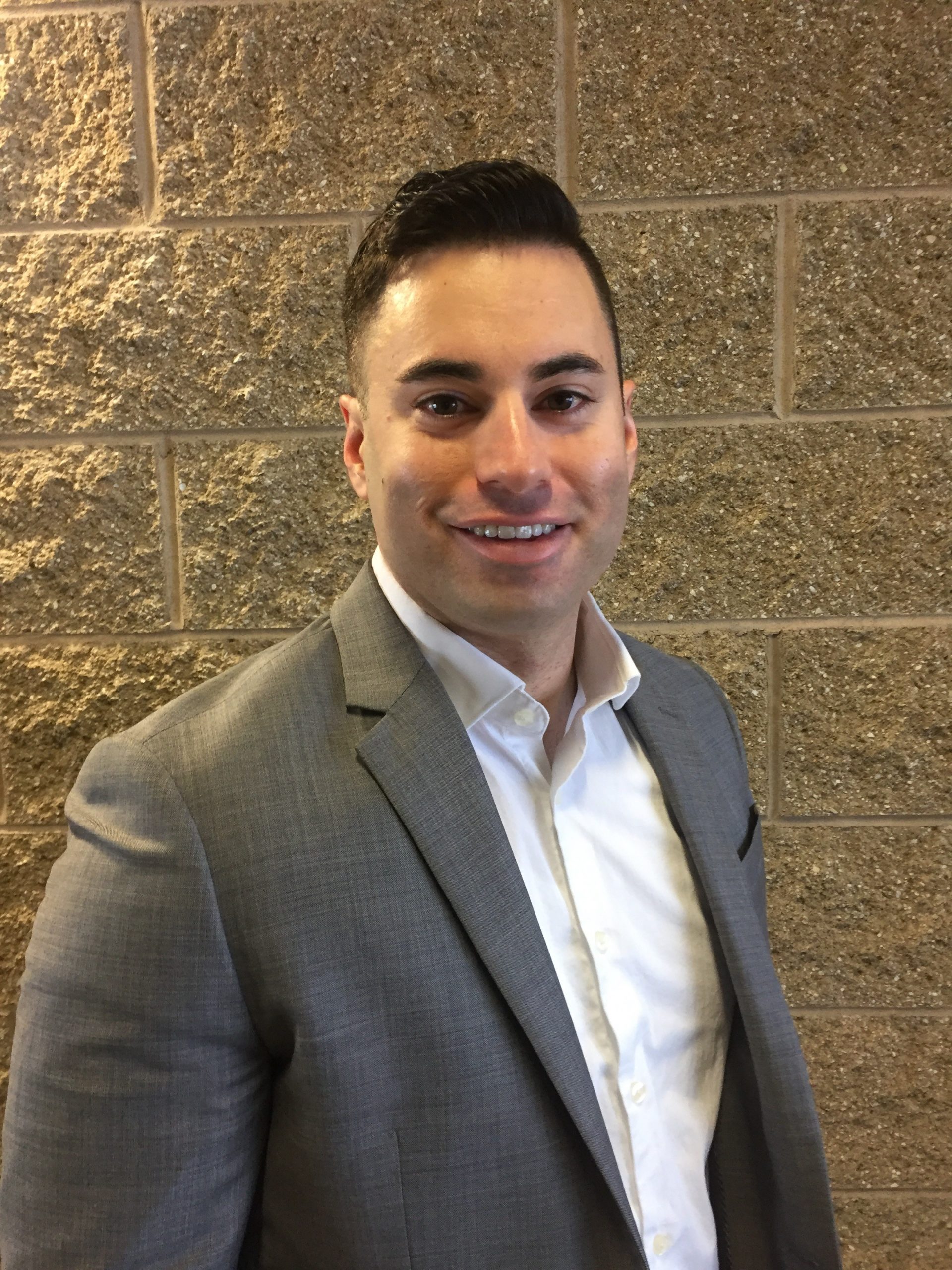In this digital age, the internet has become the primary way people find answers, services, and help. Whether it’s booking a vacation, shopping for clothes, or researching topics, search engines play a central role. The addiction treatment industry is no exception to this. People use search engines to find life-saving treatment programs. This is why search engine marketing (SEM) is something all rehab facilities should use now.
For addiction treatment centers, SEM offers a way to connect with people who need their help—exactly when they are seeking help.
Search engine marketing is a powerful tool that, when used properly, can increase your visibility and drive targeted traffic, allowing more individuals to begin their recovery journey. Here we will talk all about SEM: what it is and what strategies you should implement if you want your rehab center to reach more people.
What is Search Engine Marketing?
Search engine marketing or SEM is a form of digital marketing that is used to increase a website’s visibility in search engine results pages (SERPs). SEM involves both organic and paid advertising tactics.
One of the key benefits of SEM is that it provides increased visibility for businesses. SEM allows companies to target specific demographics, locations, and devices, enabling a highly targeted approach to reaching potential customers.
Platforms like Google Ads offer tools to track the performance of SEM campaigns, allowing advertisers to refine their strategies based on user behavior and conversion data. This makes SEM a powerful tool for driving traffic and increasing conversions in a competitive online landscape.
Why SEM Matters for Addiction Treatment Centers
When someone is struggling with addiction, finding the right treatment center is often a time-sensitive decision. This urgency makes it crucial for treatment centers to be visible online at the moment when someone searches for help. Here are some reasons why you need to implement SEM into your addiction treatment center’s overall strategy:
High Intent Searches
When someone searches for addiction treatment online, this often means they are ready to take immediate action. These high-intent searches are critical moments where search engine marketing can place a treatment center directly in front of potential patients. By targeting specific keywords like “rehab near me” or “addiction treatment,” SEM helps ensure that people who are actively seeking help find the center quickly, leading to higher conversion rates.
Visibility in a Crowded Market
The addiction treatment space is highly competitive, with many centers vying for attention online. SEM gives treatment centers the ability to stand out in a crowded market by bidding on relevant keywords and using paid ads to secure prime real estate on search engine results pages (SERPs).
This enhanced visibility ensures that potential clients see the center’s information first, rather than sifting through numerous organic listings or competitor ads.
Local Targeting
Addiction treatment is often a local service, with people typically searching for centers near their homes or within a certain geographic area. SEM allows treatment centers to leverage local targeting features, such as location-based ads and geo-specific keywords, to reach people who are searching for help nearby. This precise targeting helps ensure that those who need local treatment can easily find and connect with the most relevant options.
How to Use SEM for Addiction Treatment Effectively
With an understanding of why search engine marketing is critical, we can talk about specific strategies that rehab centers can use to attract more clients.
SEO: Optimizing for Organic Search
SEM is effective because it combines paid advertising with organic search optimization, in this case to promote your addiction treatment services.
To maximize the reach of SEM, treatment facilities must know which keywords to target—particularly the terms people are using when they are doing a search online. This involves conducting thorough keyword research to find terms like “addiction treatment,” “drug rehab,” or more specific long-tail keywords such as “affordable addiction treatment near me” or “residential rehab for alcohol addiction”.
Optimizing for organic search is also known as search engine optimization or SEO. This strategy is all about building long-term visibility. To do this effectively, treatment centers need to invest in creating valuable content that tackles common questions people have about addiction and recovery. High-value keywords can then be incorporated into the content, increasing the chances of it reaching the right people.
There are many ways to optimize for organic search, from writing blogs about the benefits of rehab, to sharing success stories from former patients. Focusing on local SEO strategies, such as getting listed in Google Business Profile (GBP) and gaining local backlinks, will also help addiction treatment centers rank higher for location-based searches.
Just keep in mind that online, organic efforts tend to take a long time before producing results. SEO is not something that will give you results overnight. You have to be patient and keep using it consistently. Eventually, it should pay off by helping you rank higher in search results.
PPC: Targeted Ads for Immediate Visibility
While SEO can take time to show results, pay-per-click (PPC) advertising can get your treatment center in front of people right away. The most common platform for PPC is Google Ads, but Bing Ads and Facebook Ads also have their benefits.
PPC advertising can be a highly effective strategy for addiction treatment centers to reach individuals seeking help immediately. After all, addiction is often a crisis situation, and those searching for treatment options are looking for immediate solutions.
PPC allows treatment centers to capture this intent by placing ads at the top of search engine results pages for relevant keywords. This boost in visibility ensures that the center’s services are front and center when patients or their loved ones go online for answers.
Additionally, PPC campaigns can be geo-targeted to focus on specific locations, ensuring that local treatment centers are visible to potential clients in their immediate area.
To use PPC effectively in addiction treatment, it’s crucial to craft highly targeted ad copy that speaks directly to the pain points of those in need. For example, ads should emphasize the availability of immediate care, personalized treatment plans, and supportive, confidential services.
Landing pages linked to these ads should be designed with clear calls to action, such as “Get Help Now” or “Speak to a Counselor Today,” to encourage fast conversions. Campaigns should also incorporate a mix of high-intent keywords (e.g., “inpatient rehab” or “detox programs”) and negative keywords (e.g., “free” or “DIY addiction treatment”) to filter out irrelevant traffic. This will maximize the effectiveness of the ad spend.
By refining the targeting and messaging, addiction treatment centers can ensure that their PPC efforts not only increase visibility but also lead to meaningful engagements with their target audience.
Local SEO: Winning in Your Community
Speaking of reaching potential clients in the immediate area, SEM strategies also involve using local SEO to build a strong community presence. Localized keyword optimization, such as using phrases like “best addiction center in [city]” or “rehab centers in [neighborhood],” ensures that the treatment center appears in relevant local searches.
We mentioned earlier that having a Google Business Profile can help with this. Optimizing your GBP and ensuring it is up-to-date with accurate business information can enhance local search visibility. Don’t forget to include your location, hours, services, and contact details so that those who need your help can actually reach you.
Building your local presence also means establishing a good reputation for your rehab facility. Centers should encourage positive reviews from former clients, as reviews significantly impact local search rankings and build trust with potential clients and their families. Even if reviews are bad, you should try to respond as soon as possible to address their issues and display your commitment to providing high quality treatment.
You can even take it a step further by engaging with the local community by responding to their comments online and engaging in healthy discussions regarding addiction recovery. This helps build trust and shows people that you are dedicated to your mission of helping those in your area.
By focusing on local keywords, Google Business optimization, and local engagement, treatment centers can enhance their local visibility, building credibility and becoming the go-to resource for addiction treatment in their communities.
Content Marketing: Educating and Engaging Potential Clients
SEO and content marketing go hand-in-hand. In fact, content marketing is one of the most important SEM strategies because it accomplishes many of your goals as a treatment provider.
High-quality content not only attracts more website visitors, it also educates them on the topic, eliminating stigma and encouraging more people to get started on the road to recovery. In addition to breaking the stigma, you are also establishing your rehab center as a trustworthy source of information. It eliminates the mystery of the treatment process, allowing more clients to put their faith in you.
Content marketing should therefore focus on providing valuable, timely, and relevant information to those seeking help. You can use content to answer some common questions about addiction, treatment options, and recovery processes.
This type of content may include blog posts, educational videos, or downloadable guides that explain various types of addiction, symptoms, and treatment approaches. Content marketing is also the perfect vehicle for all the keywords you need to incorporate like “drug rehab centers”, “detox programs”, and “alcohol addiction treatment”.
When people see that you are an authority figure in your industry, they are more likely to come to you for help.
Your content does not need to be purely educational all the time. You can also share testimonials, treatment success stories, or video walkthroughs of the facility. Even inspirational posts can motivate people to check out your services.
Content marketing is not only about driving traffic but fostering a genuine connection with those in need by providing them with the knowledge they need to make informed decisions about their recovery journey.
Tracking and Analytics: Measuring Your Success
To effectively use search engine marketing for addiction treatment, tracking and analytics are essential tools for measuring success. SEM campaigns can generate significant traffic, but without a clear understanding of the data, it’s difficult to know if your efforts are reaching the right audience.
Setting up proper tracking using tools like Google Analytics and Google Ads conversion tracking helps identify which keywords, ads, or campaigns drive calls, form submissions, or other key actions. By tracking these conversions, you can measure the effectiveness of each ad and make data-driven decisions to optimize your SEM strategy.
You can also use UTM parameters in your URLs to get more detailed insights into user behavior from different sources, allowing you to adjust targeting, bidding, and messaging accordingly.
Another critical aspect of measuring SEM success is monitoring key performance indicators (KPIs) such as cost-per-click (CPC), click-through rate (CTR), and cost per acquisition (CPA). These metrics help you identify patterns that reveal which approaches are most cost-effective.
You can even incorporate call tracking and integrate it with Google Ads to get real-time feedback on the quality of leads, allowing you to refine your strategy further. Continually testing and adjusting based on analytics ensures that your SEM campaigns remain effective and that you are reaching people who are most in need of addiction treatment services.
You won’t know if your SEM efforts are paying off unless you track your results. Here’s how you can measure your performance:
- Google Analytics: Use Google Analytics to track how much traffic your website is getting, where that traffic is coming from, and how users are interacting with your site.
- Conversion Tracking: Set up conversion tracking to monitor the actions users take on your site, such as filling out a contact form or calling your center.
- PPC Analytics: For PPC campaigns, Google Ads provides detailed reports on ad performance, clicks, and conversions. Use these reports to adjust your campaigns for better results.
Work with MasterMindSEO
Overall, SEM is a crucial strategy for addiction treatment centers looking to connect with people when they need help the most. Whether through organic SEO efforts or targeted PPC ads, SEM allows you to increase your online visibility and attract potential clients to your center.
Keep in mind that while digital marketing is a powerful tool, it requires a thoughtful, ethical approach that respects the unique challenges of this field. And because digital marketing has become such an indispensable tool for addiction treatment centers, it is important to work with a company you trust.
MasterMindSEO has experience in performing digital marketing campaigns for e-commerce, national, regional and local businesses. Email or call and we will be happy to see how we can help your center get more leads and help more patients!
Ready to take your addiction treatment SEO to the next level? Want to rank your detox center on Google Maps? Let MasterMindSEO help you.
[button color=”undefined” hover_text_color_override=”undefined” url=”https://bookme.name/MasterMindDBS” text=”Get More Admits!” color_override=””]

